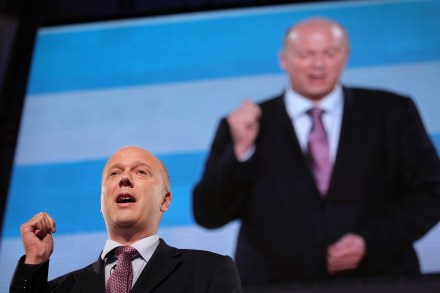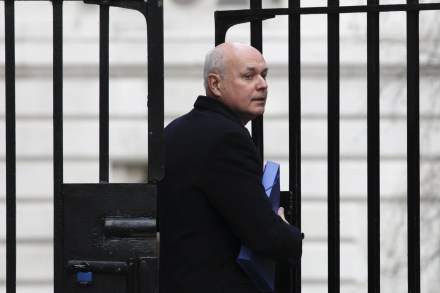Grayling bows to the inevitable
The changes announced to the work experience programme today have been designed to reassure the companies involved. Those on the scheme will now only face any benefits sanction if they commit the equivalent of gross misconduct. Once some big corporations started getting cold feet about the scheme some tweaks to it were inevitable. As Matt d’Ancona wrote on Sunday, corporate Britain has proved remarkably spineless in the face of attacks from a bunch of hard-line left-wingers. But the tweaks announced today by Chris Grayling — whose robustness on the issue has impressed Tory high command — maintain the purpose of the scheme. Offering those who are unemployed structure and a


















